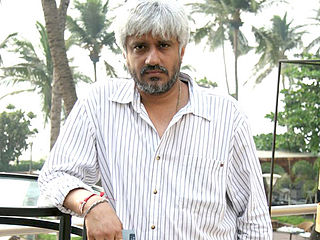A Quote by Alexander Weinstein
What is the emotion of an empty inbox? An unliked Post? An ignored dating app message? I think there's a great loneliness that much of our society is running from, and we search for relief in our phones and computers, our online communities, our social networks of friends.
Related Quotes
We're being asked to continually be "authentic" and "honest" with the world through social media. There's a demand to post our wedding pictures, baby pictures (only minutes after the birth), our relationship status, and our grief and joys on Facebook and Instagram. Similarly, we construct persona through dating apps and networking sites. All of these social media networks exert pressure on us to share the personal details of our lives with unknown masses. So the pressure on the characters in "Openness" isn't merely romantic, but public/social as well.
Social media puts us inside our phones and our computers and our headphones, and we're not connecting so much with our outside environment. Even when people go to the Grand Canyon they're more concerned about the selfies than actually looking at the canyon. I see it with my own kids - the addiction to needing things fast, never pausing to just see what's around us and connect with our fellow human beings in real time.
We live in a society of social networks, with Twitter pages and Facebook, and that’s fine, but we have contact with our work associates, our family, our friends, and it seems like half the time we are more preoccupied with our phone and other things going on instead of the actual relationships that we have right in front of us. Hopefully, people can learn from this and try to actually help if someone is battling something deeper on the inside than what they are revealing on a day-to-day basis.
Although we may think we're masking our insecurities or portraying ourselves in the most favorable light, our behavior on social media reveals more than we might think. It's not just what we post on Facebook that reveals information about our personalities - it's also what we don't post that can be quite telling.






























